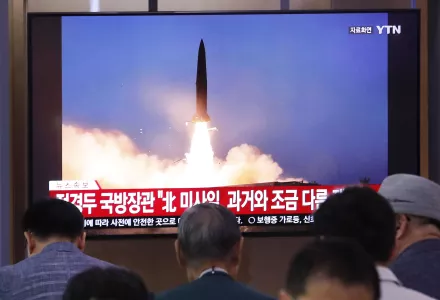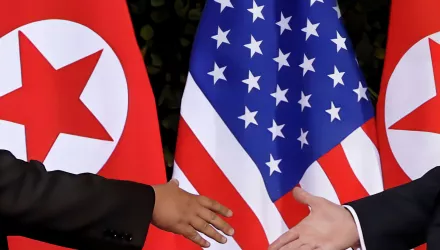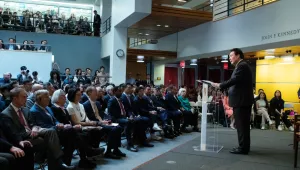As U.S.-North Korean tensions drive nuclear dangers to crisis levels, how robust is public support for the U.S. nuclear umbrella? Experts often forget that extended deterrence is an elite-driven phenomenon. Polls indicate many populations protected by the umbrella either oppose nuclear weapons or desire their own arsenals. In the age of "America first," polls also suggest that the U.S. public is skeptical of taking on risks to defend Washington's closest partners. Perception gaps among the U.S. and allied populations about the desirability of retaliatory actions could complicate government coordination in a nuclear crisis.
To evaluate public support for the nuclear umbrella, Herzog—along with study co-authors David M. Allison of Yale University and Jiyoung Ko of Bates College—developed a crisis simulation survey experiment discussing hypothetical North Korean attacks on U.S. allies. Nationally representative samples (n=6,623) of the Japanese, South Korean, and U.S. populations participated in the exercise. At this seminar, Herzog will discuss the survey results and relevant lessons for alliance politics and extended deterrence.
This seminar is co-sponsored by the Korea Institute at Harvard University.



